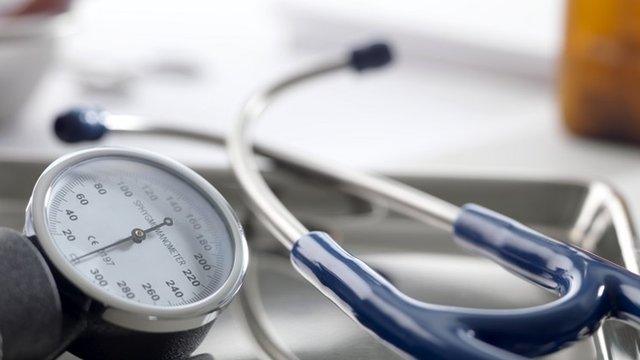Reality Check: 'Health tourism' under spotlight
- Published
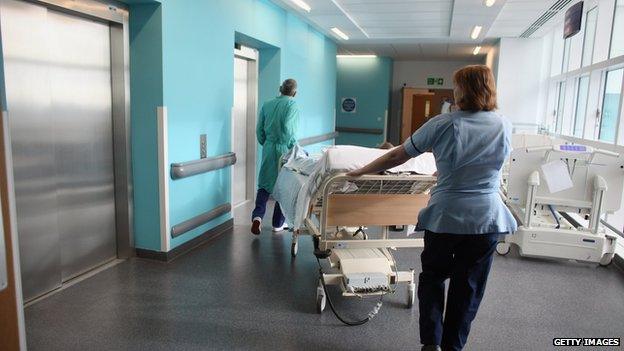
"Health tourism" could cost the NHS £200m a year, according to government figures
One of my friends is moving to a new job in another European country.
He has a repeat prescription for medication and he went to see his doctor to ask for some extra pills to tide him over while he sorted things out in his new job.
the doctor said "no" and cut his supply off at the moment he left these shores.
So that's one "health tourist" who won't be getting more than he's entitled to from the NHS. Although as someone in a good job, who's paid plenty of tax in his time, he was pretty grumpy about all this.
But overall what sort of problem is "health tourism" - people getting pills, potions and treatments they're not entitled to - in the NHS?
Defrauding the NHS
There is a government report on this issue, external and some politicians and reporters have seized on it to say that health tourism costs the NHS £1.8bn a year.
That is definitely a number from the report, but it's not the right number and it covers a lot more than people deliberately defrauding the NHS.
So what is this £1.8bn actually about?
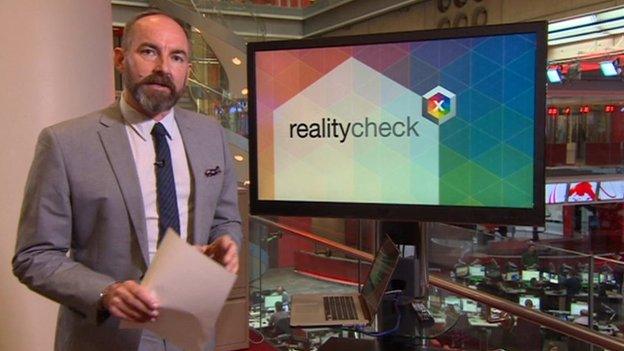
The BBC's Reality Check investigates the truth behind some of the politicians' claims
Well that's the cost to the NHS of treating everyone who isn't a British national. So it includes students, workers on visas, tourists, immigrants, expats popping back to see their old GP and yes "health tourists".
There are arrangements to reclaim those costs from countries in the European Economic Area and from countries like Australia and New Zealand.
Recently, the government announced it would also be adding a sort of NHS levy to visas to try and recoup more of this cash.
The truth is, overall, the NHS isn't very good at charging people for its services as the deal has always been that it is free at the point of use. And one suspicion inside the health service is that the money you get back will be less than you spend chasing it up in the first place.
So how much does health tourism actually cost? That is deliberate use of the NHS by those who are not entitled to it.
Well according to the government it is about £200m a year, which is a lot less than nearly £2bn.
Reclaiming costs
That said, the report is very clear this is a pretty handwavy number. This is illegal activity and that makes it hard to quantify in really accurate terms.
But all this debate has certainly focused on just how ineffective the NHS is at reclaiming costs and so the extra visa levy and new tweaks to the rules are all designed to try and encourage better efforts to recover money spent on foreigners.

A visa surcharge was introduced on 6 April, designed to discourage "health tourism"
Two final thoughts, first on HIV.
For a long time, HIV was the only infectious disease people from outside the UK had to pay for treatment.
The government recently rectified that anomaly. It might be politically controversial but in statistical terms it makes sense.
Offering free testing and treatment for infectious disease like HIV, TB, malaria and even food poisoning encourages people to come forward and get tested and treated. And overall that reduces the risk to the general population.
Emergency care
Lastly the NHS does refuse treatment to those that aren't entitled.
Some, like my friend, are a bit put out and have one more complication to add to moving to a new country. Others are illegal immigrants who turn up asking for dialysis.
As an NHS manager explained to me, one man was turned away repeatedly because he wasn't entitled to treatment. He was also too ill to be sent back to his country of birth.
Eventually he turned up in A&E having collapsed and needed a lot more expensive treatment. Since emergency care is always free there was no way to recoup any of those costs at all.
Health tourism is real and probably costs millions not billions of pounds. But tackling it poses very difficult questions for frontline NHS staff and our politicians.
- Published22 April 2015
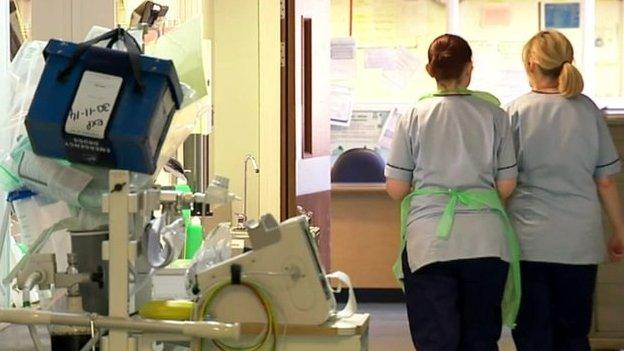
- Published13 April 2015
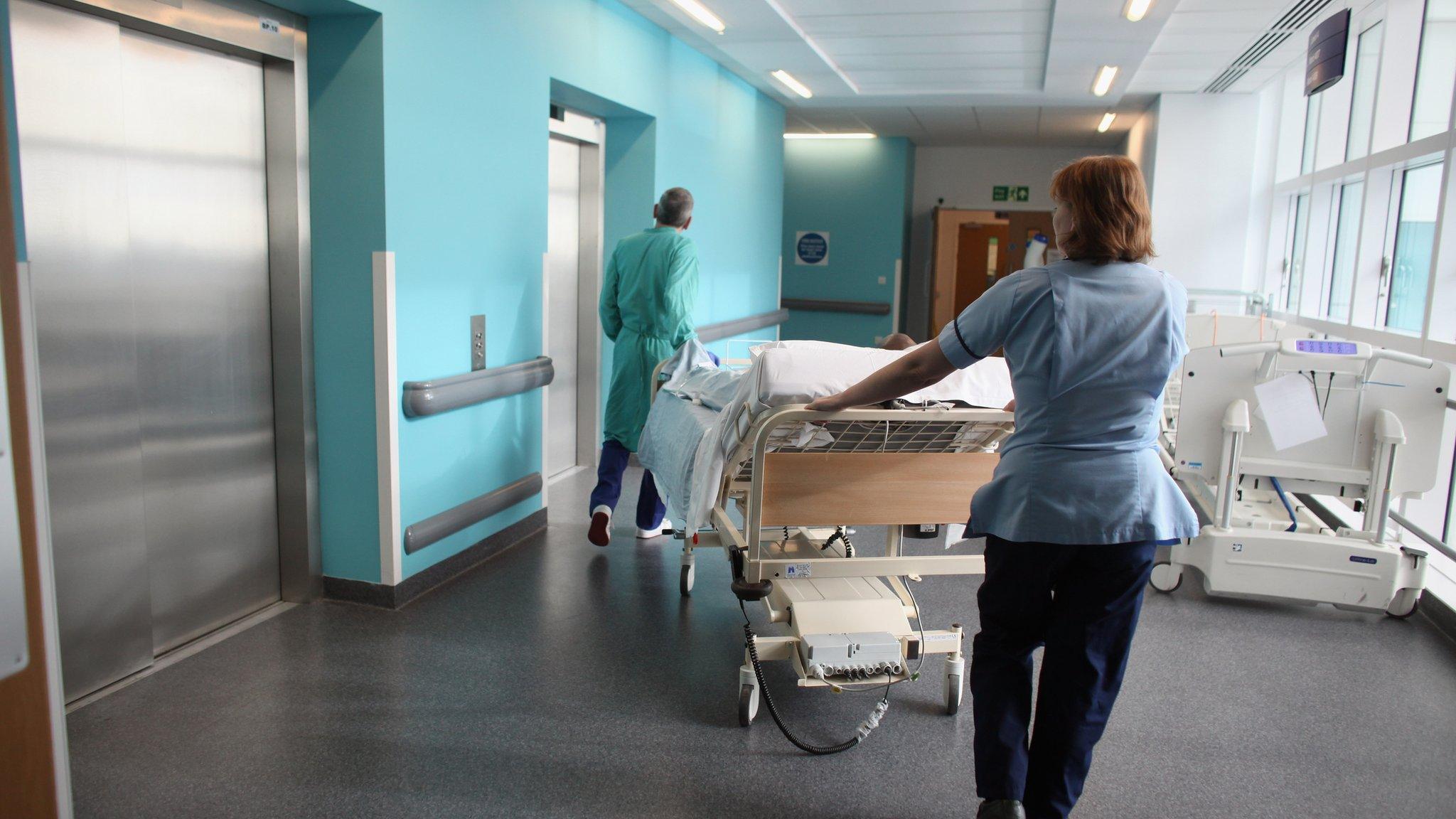
- Published23 April 2015
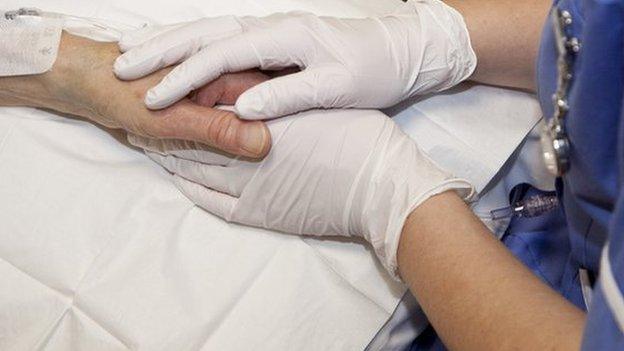
- Published2 April 2015
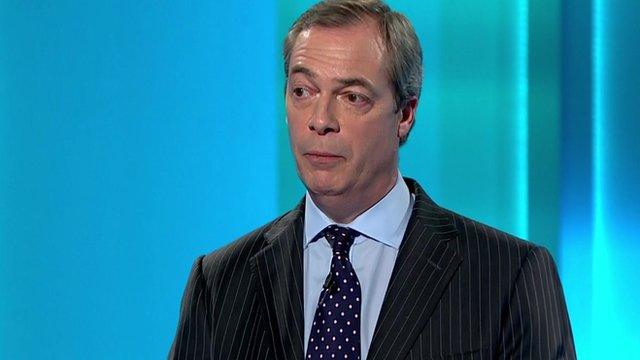
- Published13 April 2015
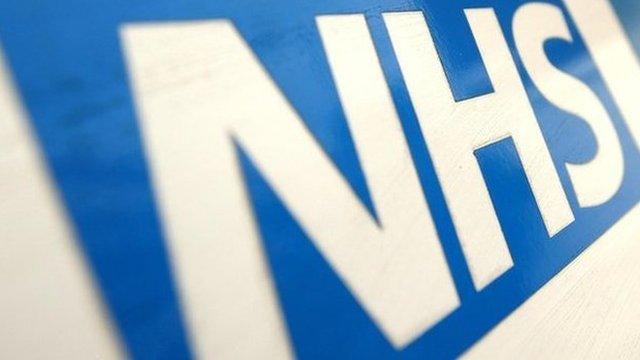
- Published14 July 2014
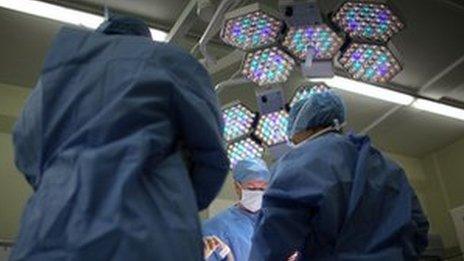
- Published22 October 2013
